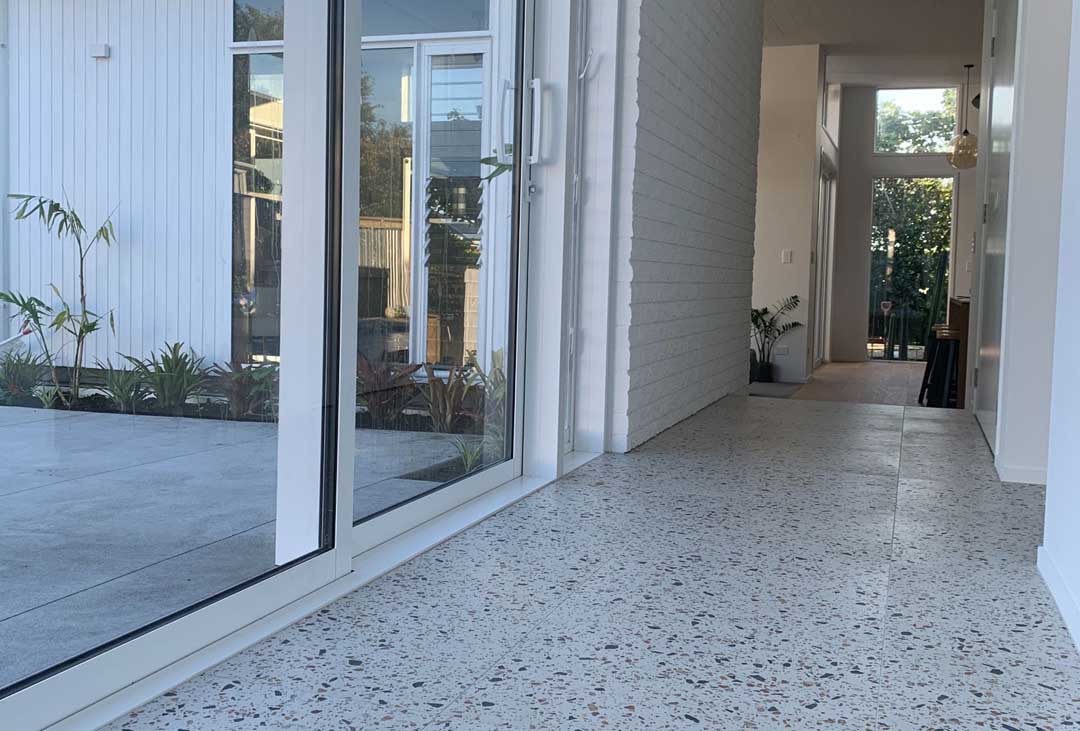
PEI stands for the ‘Porcelain Enamel Institute’. This institute was founded in the year 1930 with the objective and purpose being to put in place the right consumer guidelines when it comes to purchasing glazed tiles. It deals with wear ratings and applies to both porcelain and ceramic tile. However, it is more commonly applicable for porcelain tiles because of their innate hardness when compared to ceramic tile and its use in flooring.
The higher the number of PEI, indicates the higher level of abrasion that particular tile can take before it shows any visible signs of deterioration. Therefore, a higher PEI means better suitability for higher traffic areas. You can see below that the number of rotational cycles that each tile can withstand before it shows any signs of deterioration. PEI ratings are determined by a measurement of Abrasion Resistance (EN154) measured on a machine which counts the number of revolutions under a standard abrasive load. When the tile shows the damage, the revolutions are counted (from 150 to 1500+) and this gives the PEI rating.
The method was developed on the basis of the claim that the degree of deterioration of a floor should not be determined by the reduction in its thickness, but the visible difference in appearance between the worn surface and the unworn surface – assessed at a defined distance under standard conditions of lighting. It is important to stress that, for the same degree of abrasion, wear is invariably more visible on dark surfaces. For this reason, a PEI value is attributed to an individual tile, rather than for an entire series which may include both lighter and darker tiles.

TERRE ARTE Cortini terrazzo-look tile by Tile Warehouse
Revolutions to determine PEI Ratings:
- PEI 0: Glazed tiles in this class are wall tiles only and unsuitable for use on floors.
- PEI 1: Up to 154 revolutions. For use on very light-wear areas, using soft footwear.
- PEI 2: 300, 450, 600 revolutions Light traffic. Very light-wear, mainly bathrooms and areas using soft-soled or normal footwear. Wall use and residential floor applications.
- PEI 3: 750, 900, 1200, 1500 revolutions Light to moderate traffic. Average domestic homes. Countertops, walls, and floors for normal foot traffic.
- PEI 4: 1500+ revolutions Moderate to heavy traffic. All residential applications as well as medium commercial and light institutional.
- PEI 5: 12000 revolutions Heavy to extra heavy traffic. All residential and heavy commercial and institutional foot traffic, stores, entrance halls, shops & hotel floors.
All Tile Warehouse porcelain tiles are independently tested in accordance with the PEI test. When looking at glazed porcelain or ceramic, the surface hardness and resulting PEI rating will dictate the areas in which that product can be safely used, to last the test of time. There are varying levels of suitability so when discussing with the experts at Tile Warehouse, they will guide and help you select the most suitable material for your specification project.
For more information, see: https://www.tilewarehouse.co.nz.

